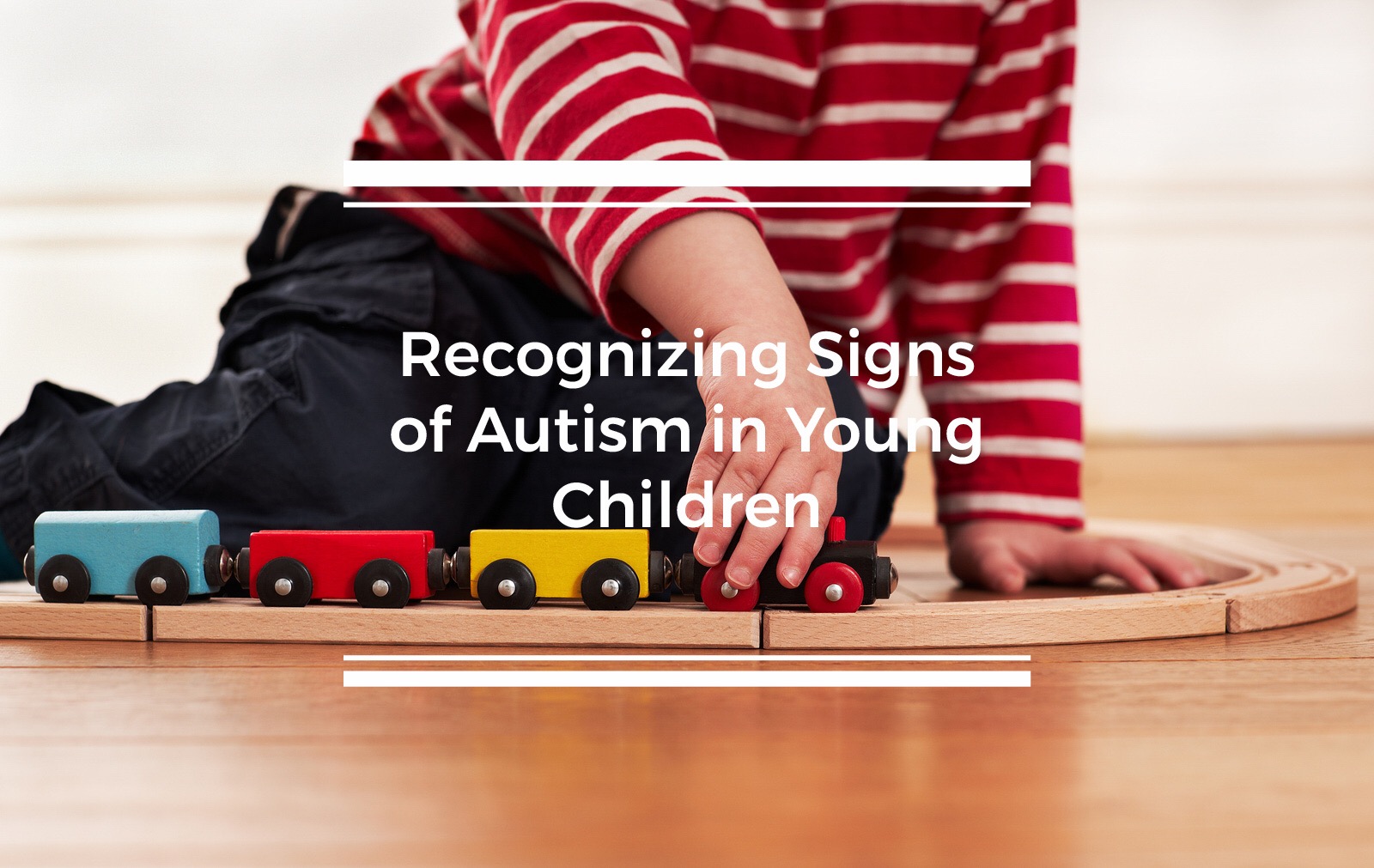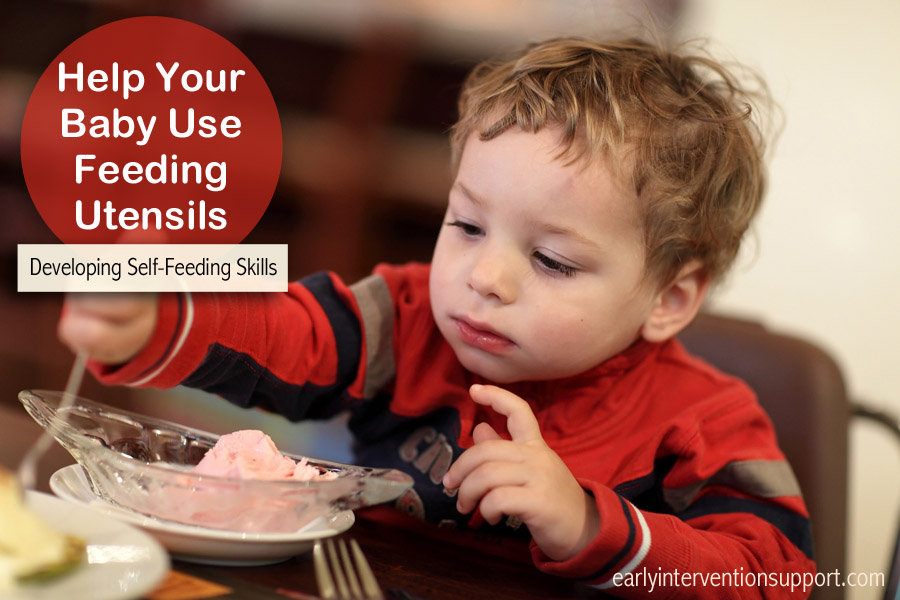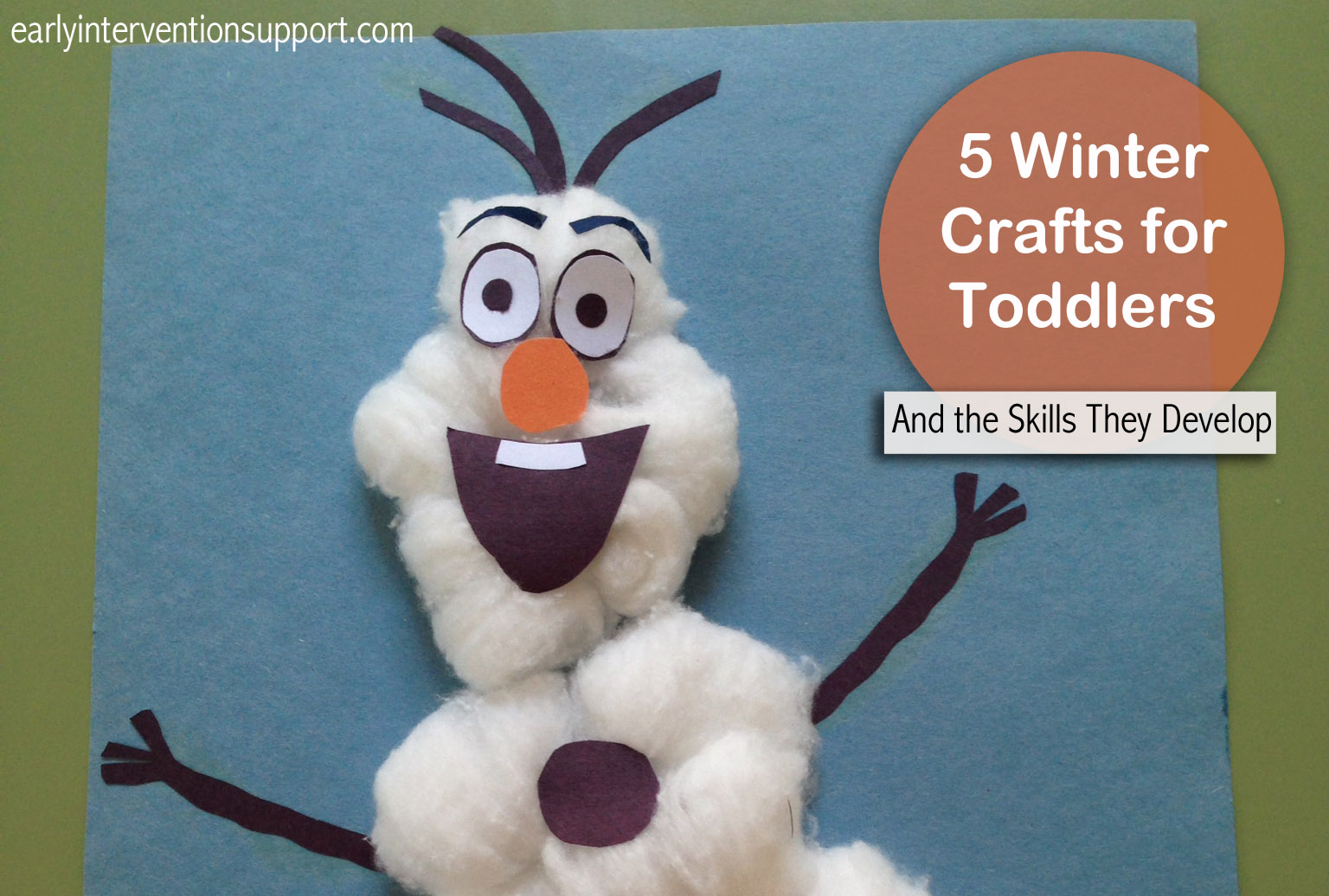As parents we worry, sometimes unnecessarily about our children. We ask ourselves questions such as, “Is he developing on target?” or “Is his speech delay a sign of other problems?” That’s why it is important for us to speak honestly to our child’s pediatrician, day care providers and family members regarding any concerns we may have about our child’s development. …
Tips To Deal With A Screaming Toddler
Toddlers love to hear the sound of their own voices. And yes, as annoying at it is, toddlers love to shriek-often at the top of their little lungs! Often in public places like grocery stores and restaurants, much to their parent’s dismay. Toddlers may scream for a variety of reasons. Some kids just get louder and squeal because they are …
10 Strategies for Picky Eaters and Kids with Feeding Difficulties
Is your child a picky eater? Here are ten strategies for picky eaters & kids with feeding difficulties: 1. Establish A Daily Meal Routine Try your best to have family mealtimes. This teaches children skills needed for eating in a social situation, things such as passing food from person to person and serving food from bowls. Kids also like to …
Bottle Feeding Basics
In today’s market there are so very many choices for types of bottles and nipples that it can be overwhelming for any parent, especially a first time parent. Often you may have to try a few types of bottles and nipples until you find one that your baby likes best. Once you find the right bottle for your baby, be …
Baby Drooling: When Will It Stop?
As a mother of three girls I can certainly remember the days of going through several shirts and bibs per day when my kids were teething. With each child, the drooling lasted for different lengths of time. When should drooling subside in a child’s development? Hopefully this article will help you decide if it is still OK for your child …
Resources
Day 2 Day Parenting is about providing parents and caregivers with the tools and resources they need to create a happy, calm and nurturing home. We constantly strive to gather a useful collection of resources and links to help you with questions about how to successfully parent your child each and every day. See All Resource Articles Parenting Resources Adoption …
How to Make Transitions Easier for Your Toddler
Many parents or caregivers discover at one time or another that transitions in daily routines can be very challenging with a toddler, particularly if that means ending a favorite activity or beginning a non-preferred one. While most toddlers have tantrums from time to time, there are some strategies that you can use to help make transitions easier for your child…and …
How Do I Help My Baby Learn to Feed Themselves?
For most typically-developing infants, pediatricians will advise that parents begin introducing spoon-fed baby foods to their babies at around the age of 6 months. Generally, we start with a thin mixture of rice cereal, and as babies demonstrate that they can handle this gentle food, we gradually add foods one at a time to ensure that there are no allergies. …
No Stairs, No Problem! Tips to Help With Stair Climbing Skills
Stairs are an important part of our everyday lives. Many families have stairs inside or leading into their homes. Other families may not have stairs in their home but will visit friends’ or relatives’ houses that have stairs. Common questions that parents often ask therapists are: “When should my child be able to crawl or walk up the stairs” and …
5 Winter Crafts For Toddlers
What can you do with your little one when it’s so cold outside? While we wait for the sunshine and warmth of Spring, here are some winter crafts you can do with your toddler to bring some snowy fun to the indoors. Please note all of these activities will also work on language skills as you talk with your child …










